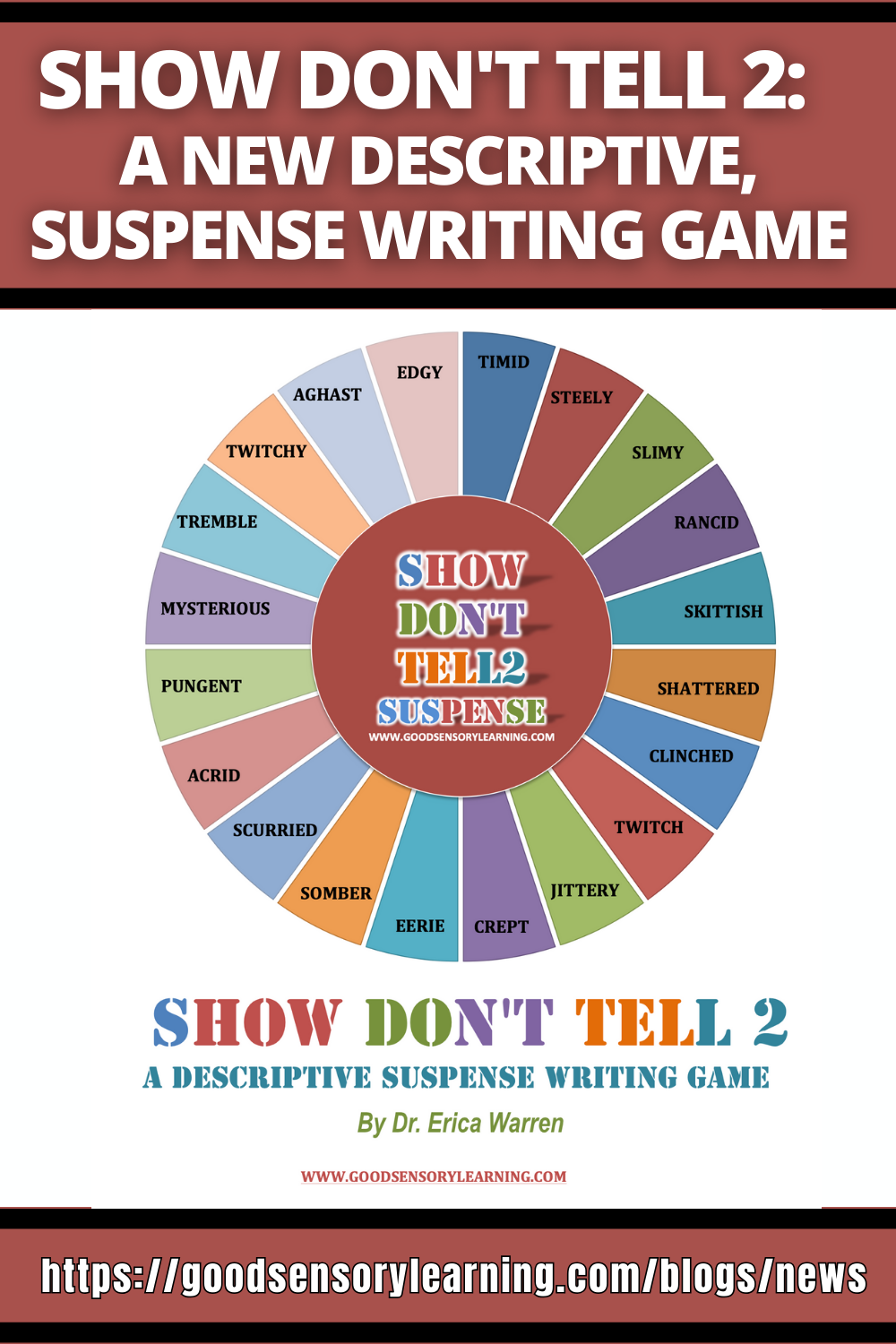What is Auditory Processing and How Can I Strengthen This Skill?
Although it may appear that a child or student is not paying attention or listening, sometimes it has nothing to do with that. In addition, it may not be an issue of effort or intellect; rather, they may be lost in a world of words that are difficult to process and understand.

What is Auditory Processing?
Auditory processing involves the cognitive functions that recognize, interpret, and make sense of the sounds that we perceive through our ears.
What are the Different Types of Auditory Processing?
Auditory processing can be broken down into a number of subskills. This can be very helpful when one is trying to support and remediate the cognitive weaknesses of those with a central auditory processing disorder or auditory processing weaknesses because it enables one to tailor and personalize an intervention plan.
- Auditory discrimination: the ability to distinguish between sounds that are similar but are distinct.
- Auditory closure: the ability to understand words when some sounds, or phonemes, are missing.
- Auditory figure-ground: the ability to focus on specific sounds in noisy environments.
- Auditory synthesis: the ability to pull together sounds into a meaningful whole.
- Auditory memory: the ability to recall information that is presented orally.
- Auditory sequencing: the ability to understand and recall the specific order of sounds and words.
- Auditory reasoning: the ability to understand auditory information logically and to draw conclusions.
- Auditory conceptualization: the ability to interpret a sound or sounds.
- Auditory attention: the ability to filter out unnecessary sounds, as well as sustain and shift attention when focusing on sounds.
- Auditory localization: the ability to determine the source and location of a sound.
What is Auditory Processing Disorder?
Auditory Processing Disorder, sometimes called Central Auditory Processing Disorder, is a disorder affecting the ability to understand speech. Although the American Psychiatric Association’s Diagnostic and Statistical Manual of Mental Disorders (DSM-5) does not recognize this disability, those who have common deficits often fall under the DSM-5 language disorder diagnostic category. Audiologists, testing psychologists, and speech-language pathologists often test for auditory processing disorder using diagnostic tests that evaluate auditory processing at large.
How Can I Treat Auditory Processing Disorder or Strengthen Auditory Processing Skills?
One can strengthen auditory processing skills by working with an educational therapist or a speech-language pathologist. Some audiologist also offers remedial therapies. However, many of these skills can also be exercised and developed by other practitioners or even parents with the use of remedial activities and games. In fact, Good Sensory Learning offers several resources that develop this skill. Consider checking out the auditory processing and following directions games and resources.
What are Some Reasonable Accommodations for Individuals with Auditory Processing Disorder?
Communicating with your school and getting the appropriate testing can help to define the needed services, accommodations, and modifications. Some common reasonable accommodations are:- Provide a quiet area for independent work.
- Simplify and reword questions and directions as needed.
- Seat the student close to the teacher but away from auditory distractions.
- Use an FM system that transmits a teacher's voice directly to a student's personal speaker or earpiece.
- Ask the student to repeat back their understanding of the work to ensure accuracy.
- Offer extended time for testing.
- Present instructions and assignments in a step-by-step manner and highlight important words or concepts.
- Provide a written outline of lessons.
- Use nonverbal cues to communicate with the student and assure that they understand the directions.
- Use images to support all verbal directions.
- Provide homework instructions in writing.
- Make sure teachers can speak clearly and slowly when presenting academic content.
- Avoid teachers with foreign accents.
- Don't penalize the student for spelling mistakes or misunderstandings.
Cheers, Erica
Dr. Erica Warren is the author, illustrator, and publisher of multisensory educational materials at Good Sensory Learning. She is also the director of Learning to Learn and Learning Specialist Courses.
- Blog: https://goodsensorylearning.com/blogs/news
- YouTube Channel: https://www.youtube.com/user/warrenerica1
- Executive Function Podcast: https://goodsensorylearning.com/pages/the-personal-brain-trainer-podcast-with-dr-erica-warren
- Store: http://www.Goodsensorylearning.com/
- Courses: http://www.learningspecialistcourses.com/
- Newsletter Sign-up: https://good-sensory-learning.kit.com/drericawarren






Leave a comment
This site is protected by hCaptcha and the hCaptcha Privacy Policy and Terms of Service apply.